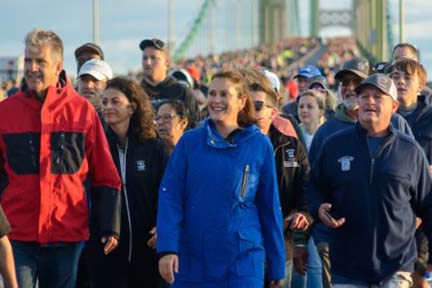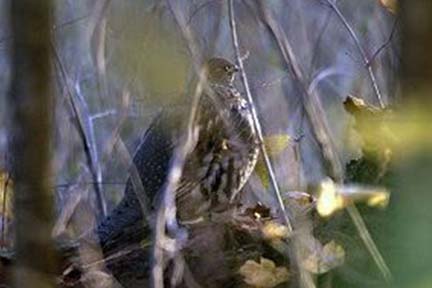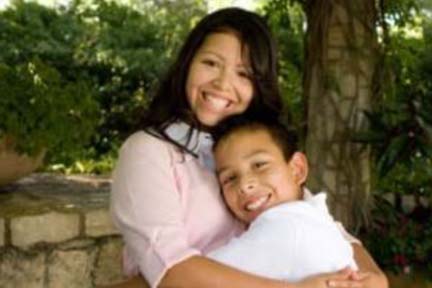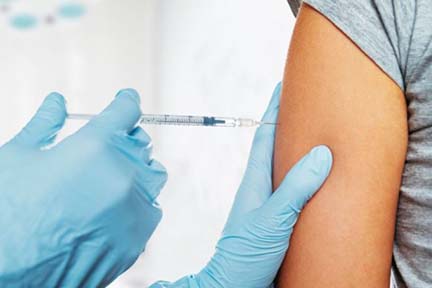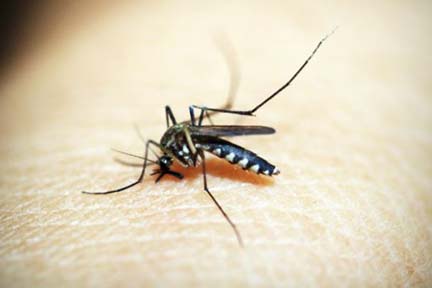
First West Nile virus case of 2021 detected
Press Release FOR IMMEDIATE RELEASE: Sept. 3, 2021 CONTACT: Chelsea Wuth, 517-241-2112, [email protected] First West Nile virus case of 2021 detected in Oakland and Macomb county residents Michiganders urged to take proper precautions to prevent mosquito bites LANSING, Mich. – The first cases of West Nile virus (WNV) have been detected in residents in Oakland and Macomb counties. Michiganders are reminded that the best way to protect against West Nile virus and other mosquito-borne illnesses such as WNV and Eastern Equine Encephalitis (EEE) is to prevent mosquito bites. In the past week, mosquitoes collected in the City of Detroit and Bay, Kent, Macomb, Midland, Oakland and Wayne counties have tested positive for WNV and Jamestown Canyon virus (JCV). Additionally, EEE virus was identified in a sick deer from Livingston County. The risk for mosquito-borne illness rises throughout the state over the course of the mosquito season, peaking in August and September. “It only takes one bite from an infected mosquito to cause a severe illness, so take extra care during peak mosquito-biting hours, which are dusk and dawn,” said Dr. Joneigh Khaldun, MDHHS chief medical executive and chief deputy director for health. “As we head into the holiday weekend and beyond, we urge Michiganders to take precautions such as using insect repellant and wearing long-sleeve shirts and long pants when outdoors during those time periods.” WNV is transmitted through the bite of a mosquito that has picked up the virus by feeding on an infected bird. Most people who contract the virus have no clinical symptoms of illness, but some may become ill three to 15 days after the bite of an infected mosquito. Symptoms of arbovirus infection, like WNV, typically include a high fever, confusion, muscle weakness and a severe headache. More serious complications include neurological illnesses, such as meningitis and encephalitis. The best way to prevent West Nile disease or any other mosquito-borne illness is to reduce the number of mosquitoes around your home and to take personal precautions to avoid mosquito bites. Precautions include:
To date, 22 mosquito samples, eight birds, one squirrel and one horse have tested positive for WNV. EEE virus has been found in a horse and deer from Livingston County and a mosquito sample from Barry County. For more information, visit Michigan.gov/WestNileVirus or CDC.gov/WestNile. |


